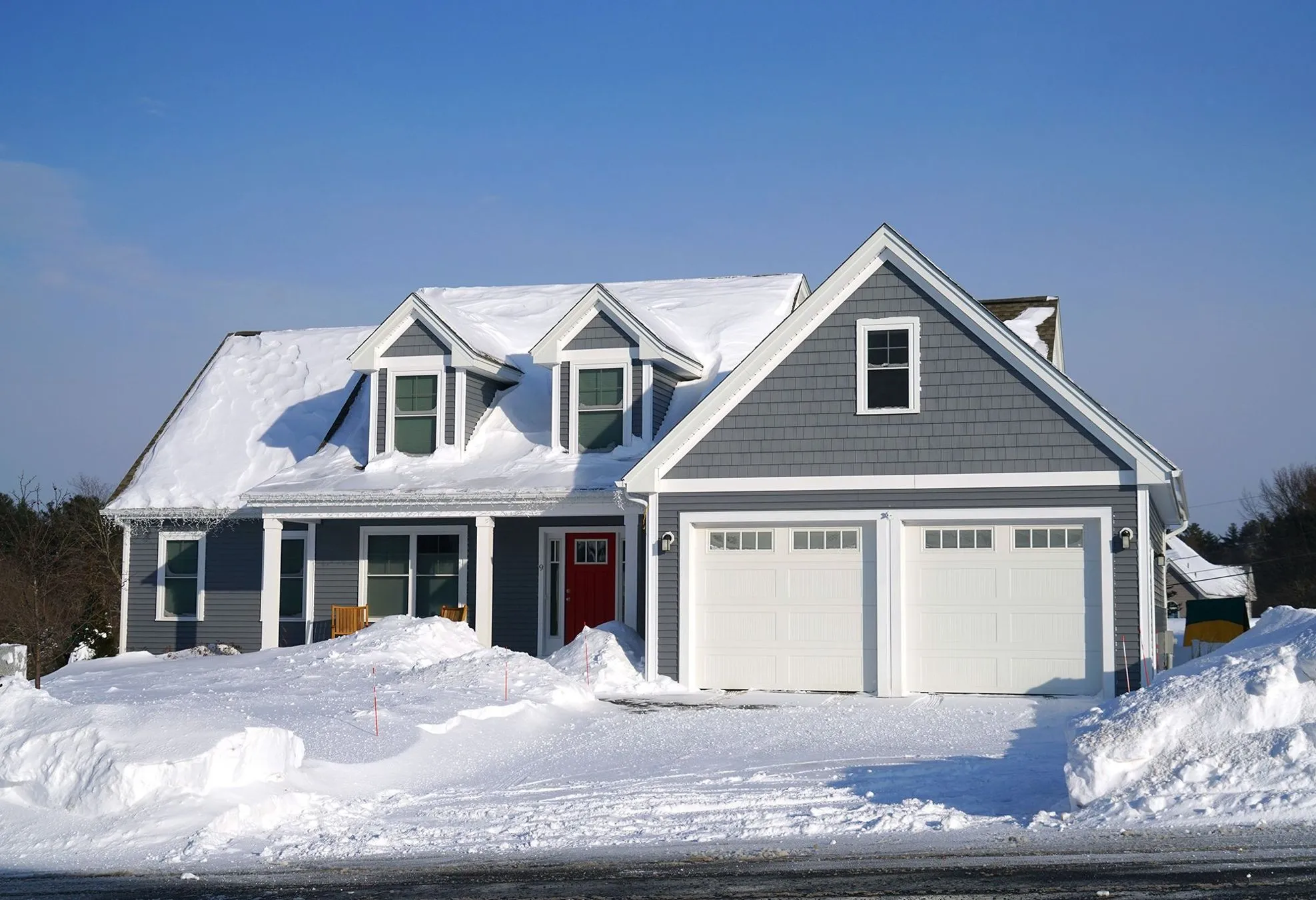Some people purchase a homeowners insurance policy and breathe a deep sigh of relief, satisfied that their property is protected. Unfortunately most people do not take the time to read the policy to understand exactly what coverage they have purchased. An insurance policy is a contract in the eyes of the law. The insurance company need only provide the coverage it agreed to provide, nothing more and nothing less. Your policy has two different areas that must be reviewed to determine if you are protected. The “coverage” section will tell you what types of losses are covered; fire, theft or vandalism, for example. Generally speaking if your type of loss is not listed then you are not covered. Unfortunately, all homeowners policies also contain an “exclusions” section – this will set forth circumstances in which the insurance policy will not apply. Each exclusion should be reviewed carefully.
When reviewing your policy, keep watch for the “vacant” or “unoccupied” exclusion. This exclusion allows the insurance carrier to deny your claim for damage if the damaged property was vacant or unoccupied at the time of loss. The specific language used in your policy is very important. Some policies may only include a “vacancy” exclusion, which usually means the home is empty; think cleared out to move. Others may contain a “vacant, unoccupied, or uninhabited” exclusion which is generally much broader and may include circumstances where you are away for a period of time on vacation or business. Your policy should define these terms. If it does not, or if the terms are confusing, the courts will define them according to their ordinarily accepted meaning.
In New York, the vacancy and unoccupied exclusions take many homeowners by surprise as many travel south for significant portions of the winter. Imagine returning home to the headache of property damage only to be told it is not covered! You should be proactive and review your policy before you travel. You need to consider whether your insurance coverage will apply in the event your home sustains damage. You need to determine how long you can leave your property before it will be considered vacant or unoccupied. These considerations apply equally to commercial properties. That time period between tenants may be jeopardizing your coverage.
Fortunately, an easy solution exists. A Vacancy Endorsement can be purchased from your insurance agent. This endorsement will continue coverage for losses when the structure is vacant or unoccupied.
If you need assistance with these or other insurance issues, the attorneys at General Inquiry within Lacy Katzen LLP can help. An experienced insurance coverage attorney can help determine if you are being treated fairly. We have been helping families and business owners with insurance disputes for over 60 years.
If you have any questions, please contact our General Inquiry Attorneys.


